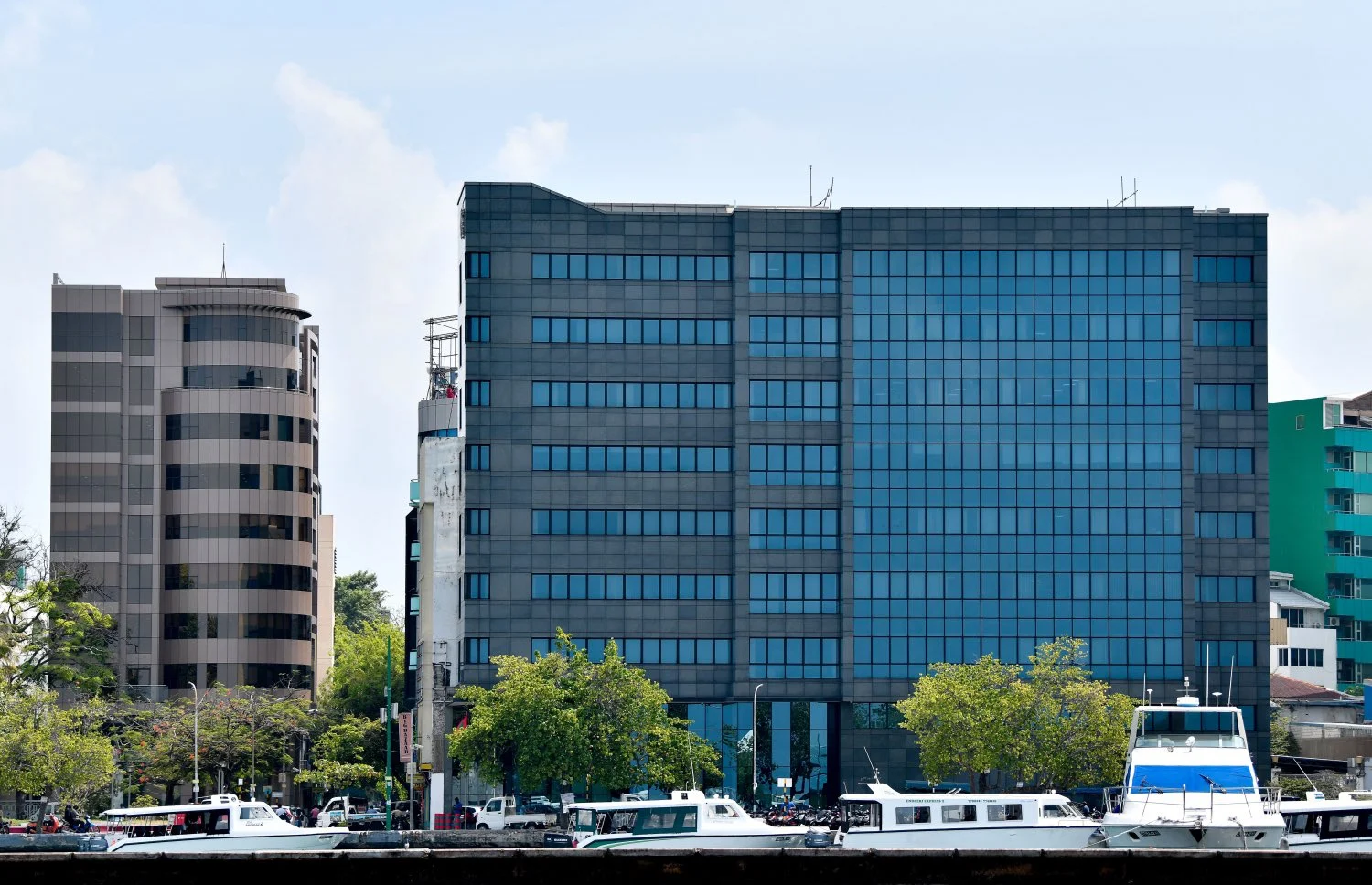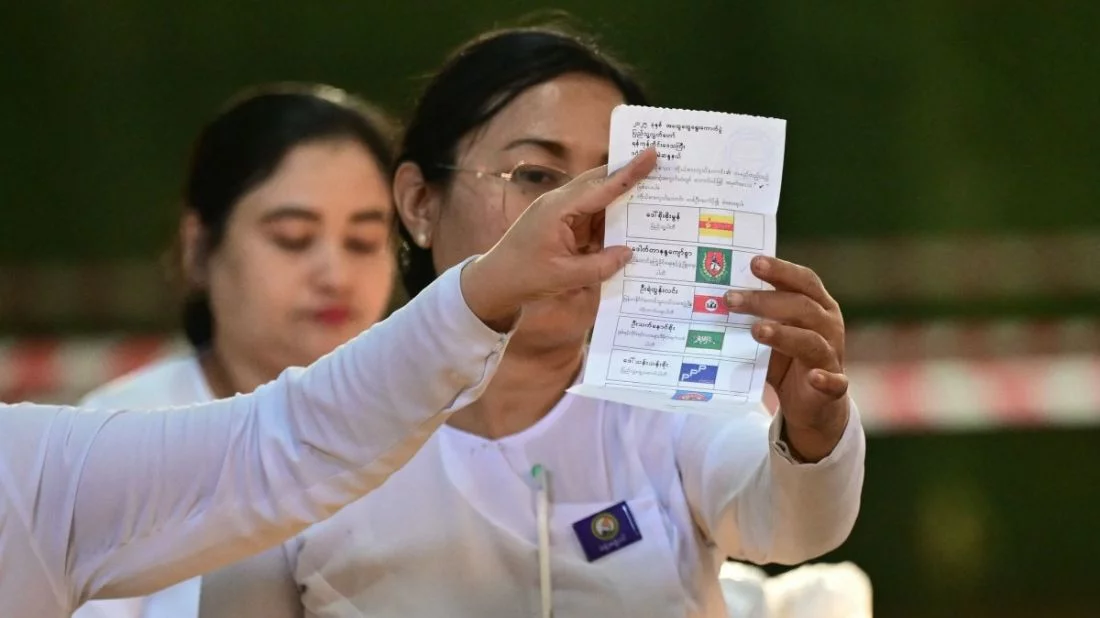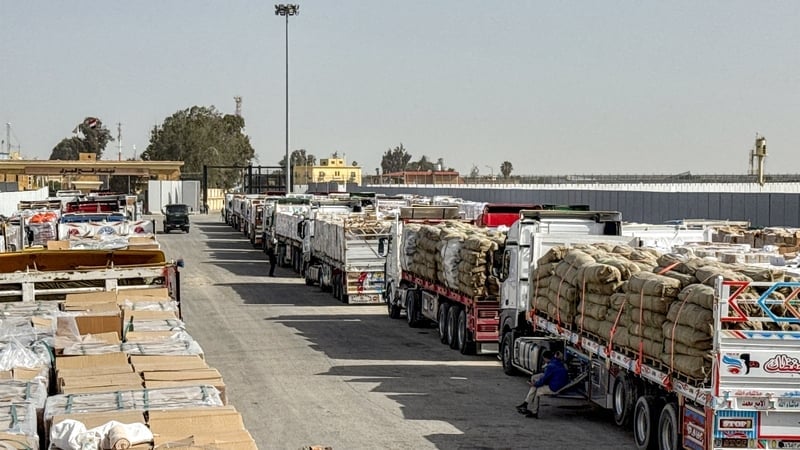Businesses in the Maldives have deposited over $50 million in foreign exchange into the banking system last month, according to the latest report from the Maldives Monetary Authority (MMA).
This surge follows the implementation of a new law, signed by President Dr. Mohamed Muizzu on December 14, 2024, mandating foreign currency-earning businesses to deposit either $500 per tourist or 20 percent of their income into the banking system. The regulation came into effect on January 1, 2025.
The MMA reported that 90 resorts have adhered to the new law, contributing to the total foreign currency deposits recorded for January.
As a result, official reserves stood at $708.1 million at the end of January, marking a five percent increase from December. The MMA attributed this rise to higher reserve revenue outpacing expenditure, with government foreign exchange revenues from taxes and fees also rising by 12 percent in January compared to the previous month.
The new law is expected to strengthen the country’s foreign exchange reserves further, ensuring greater financial stability and reducing dependence on the parallel market.
This surge follows the implementation of a new law, signed by President Dr. Mohamed Muizzu on December 14, 2024, mandating foreign currency-earning businesses to deposit either $500 per tourist or 20 percent of their income into the banking system. The regulation came into effect on January 1, 2025.
The MMA reported that 90 resorts have adhered to the new law, contributing to the total foreign currency deposits recorded for January.
As a result, official reserves stood at $708.1 million at the end of January, marking a five percent increase from December. The MMA attributed this rise to higher reserve revenue outpacing expenditure, with government foreign exchange revenues from taxes and fees also rising by 12 percent in January compared to the previous month.
The new law is expected to strengthen the country’s foreign exchange reserves further, ensuring greater financial stability and reducing dependence on the parallel market.















